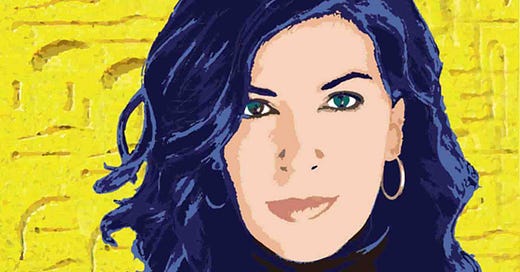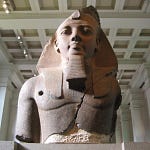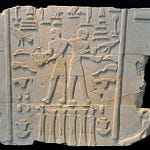CW// human remains; violence
EPISODE 16 | In Part 2 of our very first guest interview, we conclude our discussion on human sacrifice in ancient Egypt with UCLA's own Dr. Rose Campbell. We talk more with her about her research on human sacrifice, how she is helping to advance the study of cancer in antiquity, and why the practice of human sacrifice in ancient Egypt did not last. Stay tuned for Part 2 of a fantastic conversation!
More information about Dr. Campbell:
Dr. Roselyn A Campbell is a bioarchaeologist, anthropological archaeologist, and Egyptologist. Her current research is concerned with evidence for violence and trauma in human remains, and understanding how human societies define, use, and sanction violence as a tool of power. She also researches the history and evolution of cancer in ancient human remains. She earned a Ph.D. in Archaeology from the Cotsen Institute of Archaeology at the University of California, Los Angeles, and a B.A. and an M.A. in anthropological archaeology and forensic anthropology at the University of Montana. Dr. Campbell has conducted archaeological fieldwork in Egypt, Peru, Ethiopia, Spain, and the western United States. She is currently the Head Osteologist for the Polish-Egyptian Mission at the Temple of Hatshepsut at Deir el-Bahari, and for the North Asasif Project. https://www.roselynacampbell.com/ https://getty.academia.edu/RoselynCampbell/ https://www.cancerantiquity.org/
If you want knowledgable hot takes on headlines about archaeology, Egyptology, and antiquity in general delivered to your inbox, subscribe to our Substack Ancient/Now.
You can also support the podcast by becoming a Patron.
Follow Kara on social media, visit her website, and more: https://linktr.ee/karacooney













Share this post